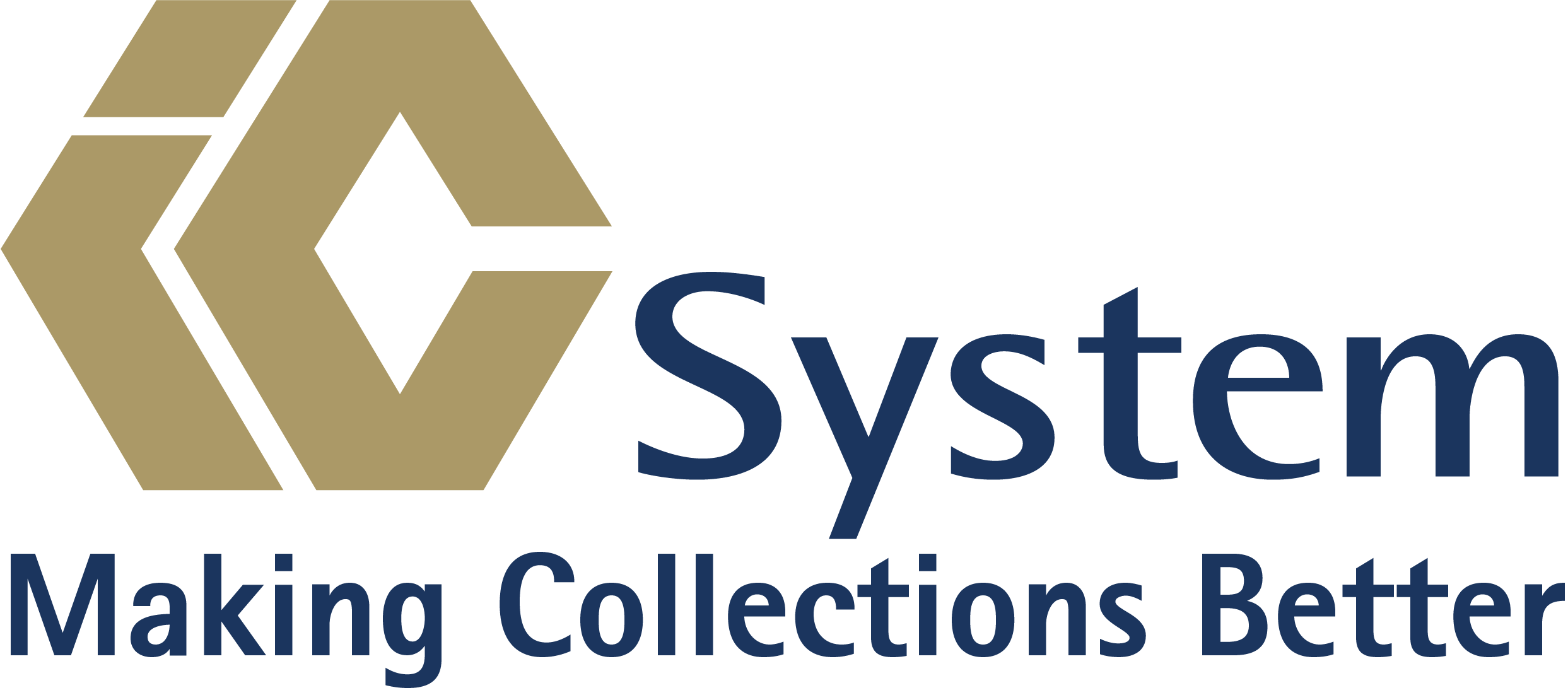Government Collection Best Practices

Government agencies face unique sets of challenges which can prevent them from being run like businesses. But that doesn’t mean government entities that provide utility and other services shouldn’t strive for the sorts of efficiency and revenue maximization that commercial enterprises do. Reassessing your billing strategies with government collection best practices can decrease your volume of past-due accounts while also boosting customer satisfaction. Here are some tips:
Obtain accurate data from your customers: In order to effectively bill customers for service, you need to know how to contact them. Therefore, it is crucial to obtain accurate identifying information when customers sign up for service, such as their social security and driver’s license numbers. Couple that with a master data management strategy, which can synchronize data across multiple systems while documenting each customer interaction. Taking these steps can help you categorize your customers: high risk, medium risk, and low risk. While you can grant some leniency to low-risk customers when they miss a payment, high-risk customers should receive immediate follow-up phone calls and notices.
Publish your policies: Make your past-due and collection policies and procedures public by distributing them to new customers and posting them visibly on your website. A main reason behind this is that municipal utilities are subject to political pressures. If your policies are clear, publicly posted and consistently applied, in the event a customer complains to a local elected official, they will have less ammunition about any perceived unfair treatment
Produce straightforward billing statements: The billing statement should be more than just a densely-worded request for payment. Include extra information to offer context so customers have a clear idea for what they are being charged. Some useful information to include could be meter data, the historical usage data for the customer, and weather trends. For example, a weather summary can help customers understand why their heating bills were higher than usual. (“The average low in February was 12 degrees, which is 6 degrees colder than a year ago, and 3 degrees colder than average.”) Information like this will help the customer trust that the amount they are being billed for is correct, and they will be likelier to submit prompt payment.
Offer different payment options: As technology continues to advance, your customers have increased expectations for convenience and want to be able to choose from multiple payment options. Offer automatic credit card or debit card payments, as well as automated clearing house options that facilitate direct payments.
Send past-due accounts to your collection partner in a timely manner: Even with all of the above best practices in place, sometimes you will still need to turn over some accounts to your collection partner. In order for your collection partner to operate most effectively, it is recommended that you turn over accounts for collection when they become about 60 days past-due.
Municipal utilities that offer top-notch service while consistently applying their past-due policies will end up with happier customers—possibly even the customers who end up in collections.
Need collection help?
Call us at 1-800-279-3511 to REQUEST PRICING!
About the Author: Eric Johannes








